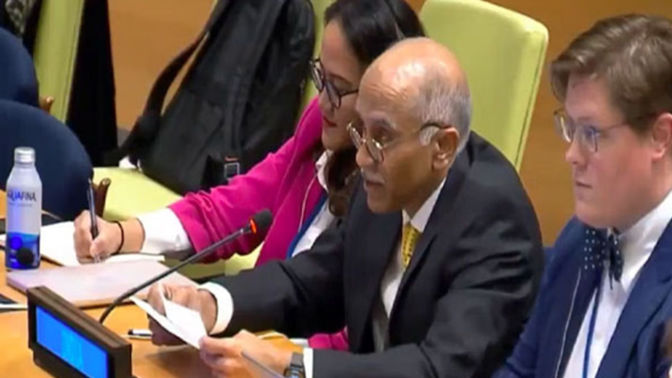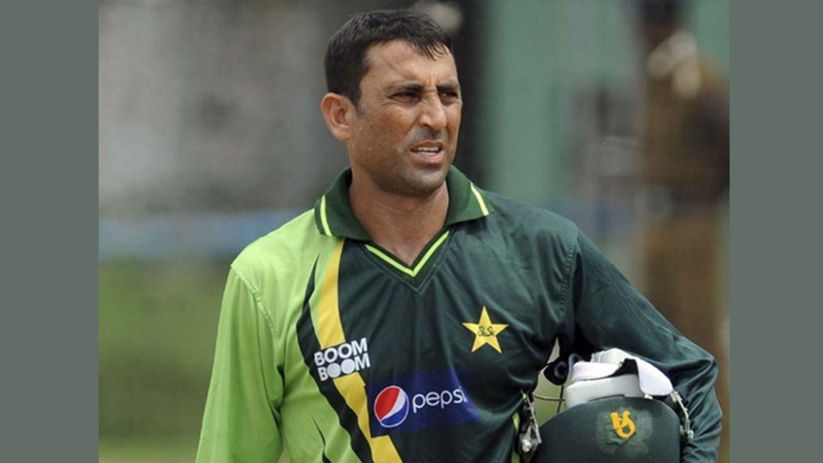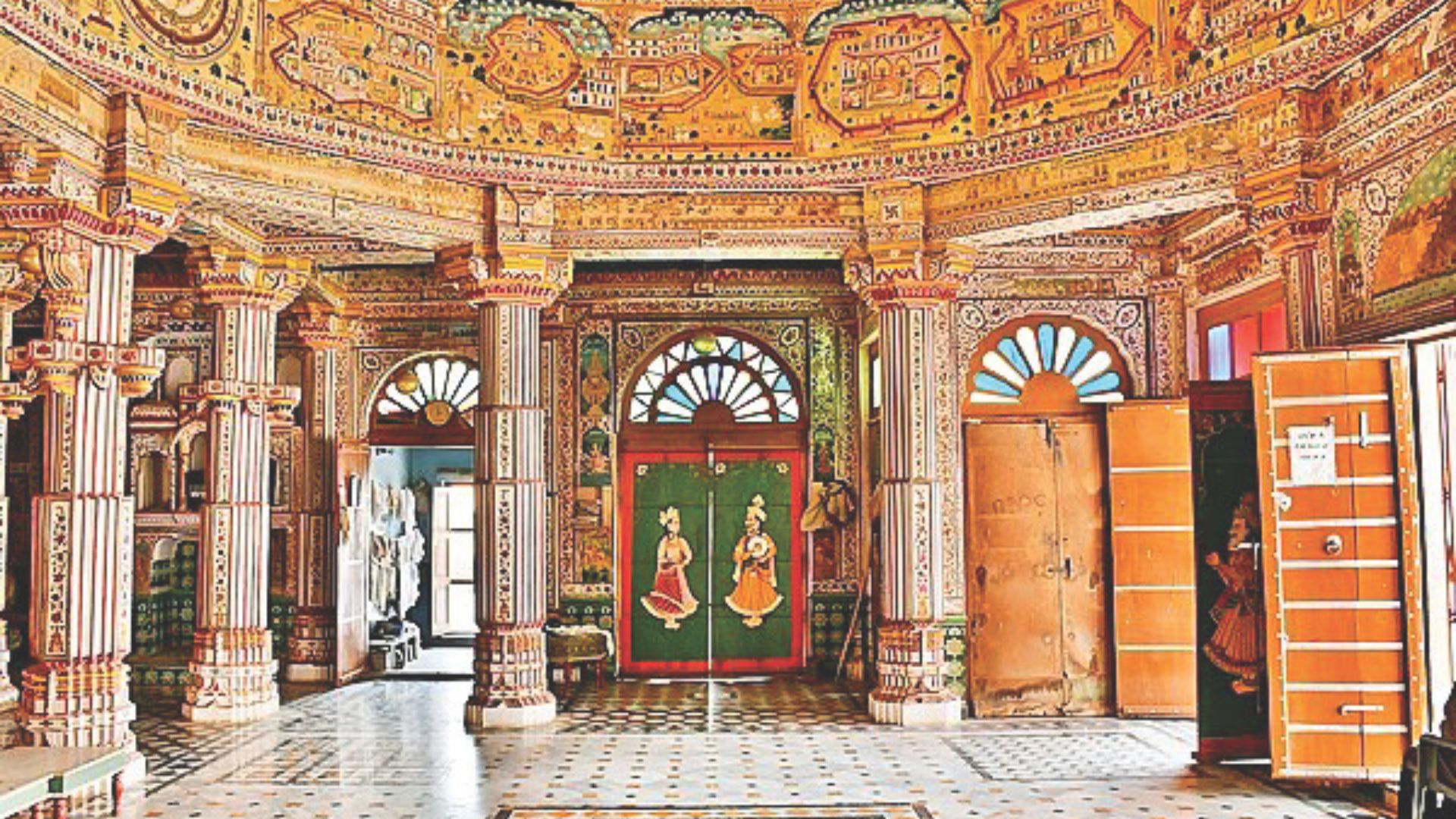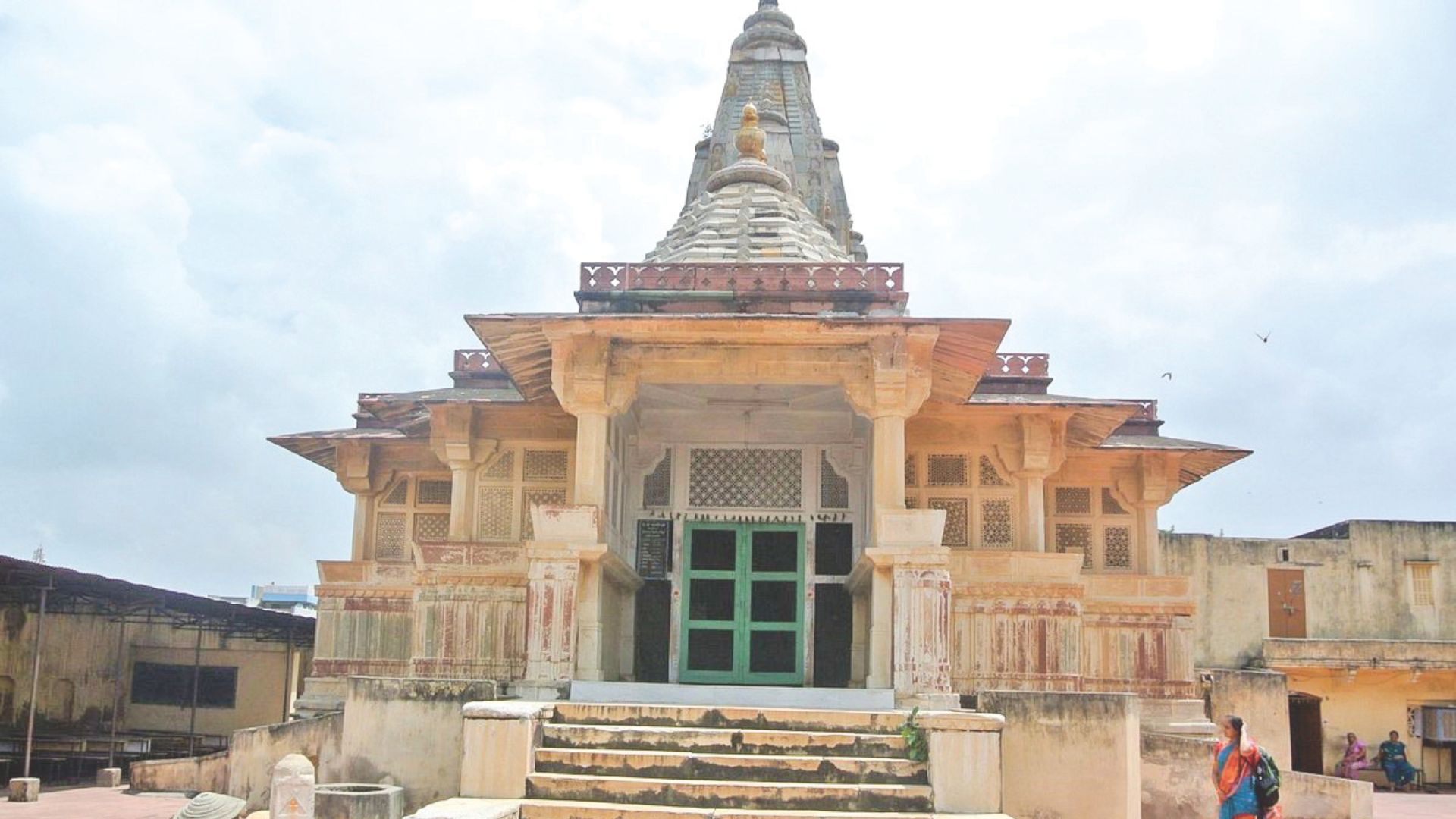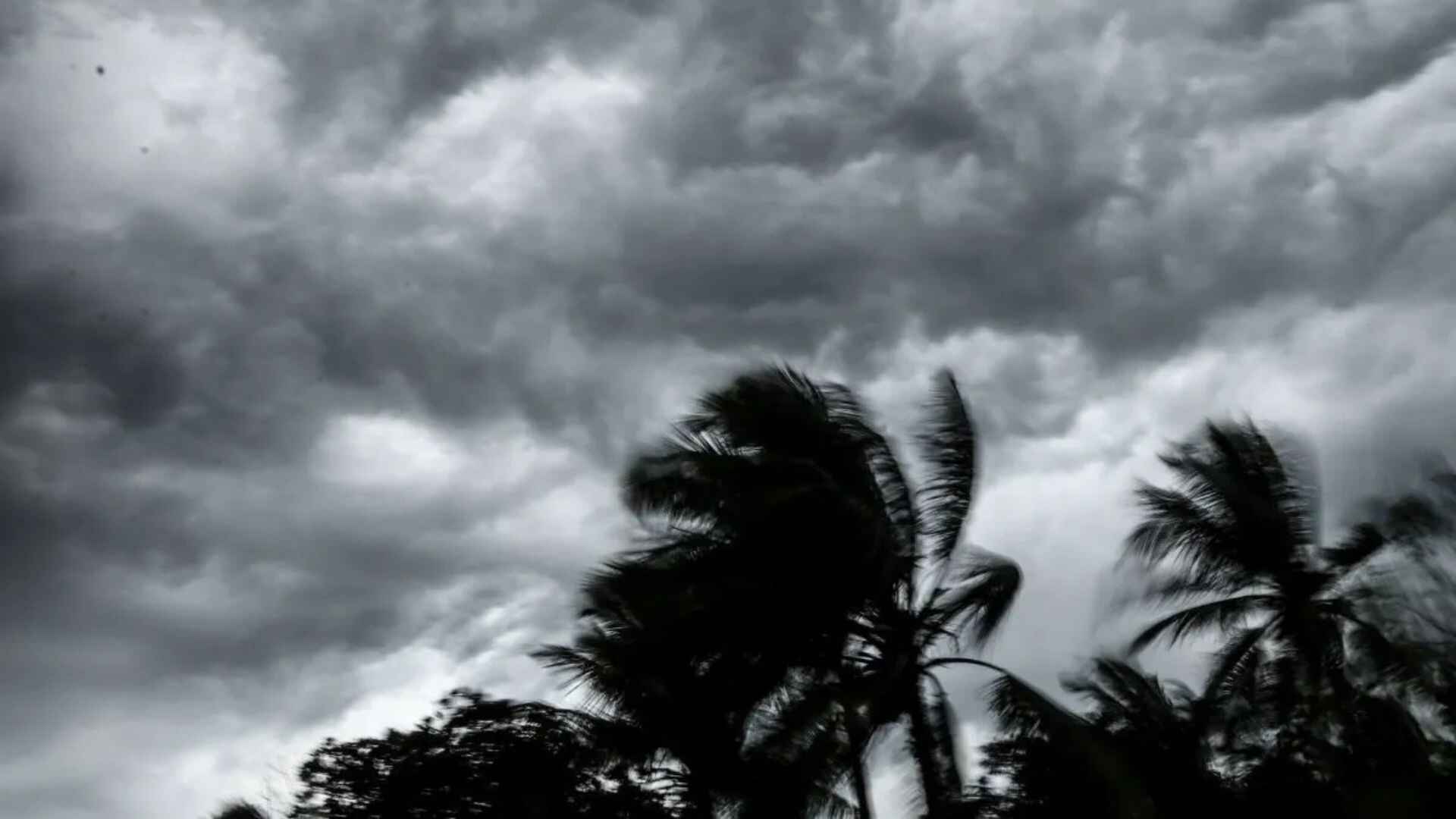The US resolution recognising the 1971 Bangladesh genocide by Pakistan was welcomed by human rights activists during a press conference in Washington, US.
The Human Rights Congress for Bangladesh Minorities (HRCBM) held a conference on Friday at the National Press Club to discuss the recent introduction of the bipartisan House Resolution 1430—”Recognizing the Bangladesh Genocide of 1971.” On 15 October, a proposed resolution was made in the House of Representatives urging US president Joe Biden to consider recognising the atrocities committed by the Armed Forces of Pakistan in the Bangladesh Liberation War of 1971.
The event was attended by members of the media, human rights activists, academics, entrepreneurs, members of the Bangladeshi diaspora community, and Bangladesh’s consul general to Florida. They discussed the recent introduction of the resolution introduced by Congressman Steve Chabot, Ranking Member of the House Foreign Affairs Committee’s Subcommittee on Asia and the Pacific, and Co-Chair of the Bangladesh Caucus, and co-sponsored by Congressman Ro Khanna and Congresswoman Katie Porter.
Speaking at the conference, Priya Saha, Executive Director of HRCBM, shed light on Pakistani atrocities on Bengalis. In 1971, she highlighted that the Pakistani army and its allies “brutally raped more than 200,000 women and girls and slaughtered approximately 3 million people. Ten million people were displaced and had to seek asylum in neighbouring India. “ She also said, “The Pakistani military and its allies also carried out the targeted assassination of more than 1,100 Bengali intellectuals and professionals, including journalists, professors, physicians, attorneys, and writers, in order to create an intellectual vacuum in the country. In Bangladesh, 1,942 mass graves were discovered.
The Bangladesh government has started to prosecute war criminals who collaborated with the Pakistan army. Bangladesh formed the International Crimes Tribunal of Bangladesh. Since then, it has tried 49 war criminals. More than 500 instances are currently under investigation, while 36 cases are ongoing in court, HRCBM said in its press release. During the conference, speakers discussed and answered questions about the impact of this historic resolution on the geopolitics of the Indo-Pacific and on radical groups originating from Bangladesh and Pakistan.
Moreover, Razzak Baloch, Organizer, Baloch Human Rights, condemned the Pakistani Army for its genocide .
